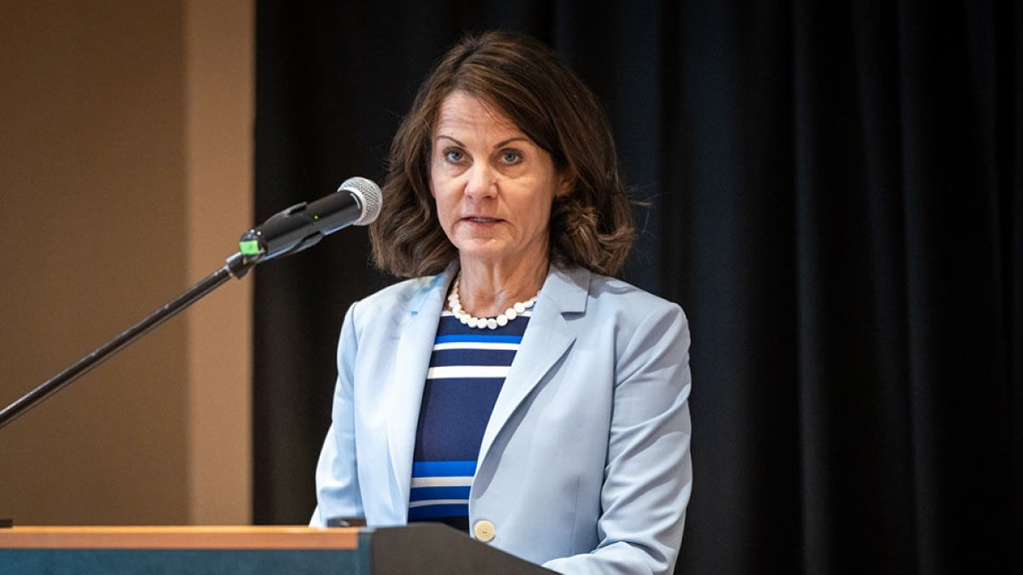The U.S. Ambassador to Georgia, Robin Dunnigan, stated that a significant amount of misinformation about foreign aid has been spread in recent months. The ambassador mentioned this to journalists in Batumi.
News
"And I want to close by saying that there has been a lot of disinformation over the last few months, including the Foreign Influence Act. About what foreign aid does. The examples I have just listed are examples of where our support goes.
Our support goes to Georgians to help Georgians. This is help for Georgians with disabilities; Georgians help young people learn English; They help to preserve and appreciate Georgian culture.
This is what our support is all about. So it's positive, it's working with Georgia, and it's not negative," Dunnigan said.
In June, even after the adoption of the Russian law, the American ambassador spoke about the spread of disinformation concerning US-Georgia relations and EU membership. "Some assert that we are the Global War Party and that we harbor intentions to foment revolution in this country, as if our intentions were malicious. It is truly disheartening to hear these claims," Robin Dunnigan said at the time.
On May 28, despite calls from international partners and widespread protests, "Georgian Dream" overrode the president's veto and officially passed the Russian law. The law mandates that all non-governmental and media organizations receiving more than 20% of their income from grants provided by international organizations be labeled as serving the interests of a foreign power.
The deadline for voluntary registration of organizations in the special registry, created under this Russian law and administered by the Ministry of Justice, expired on September 2. As of September 3, the Financial Monitoring Department of the Public Registry is authorized to inspect and fine any organizations that refused to register. In addition to facing a 25,000 GEL fine, these organizations will be forcibly registered as "acting in the interests of a foreign power."
According to Prime Minister Irakli Kobakhidze, more than 450 organizations voluntarily registered in the Register of Agents.















